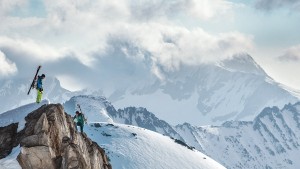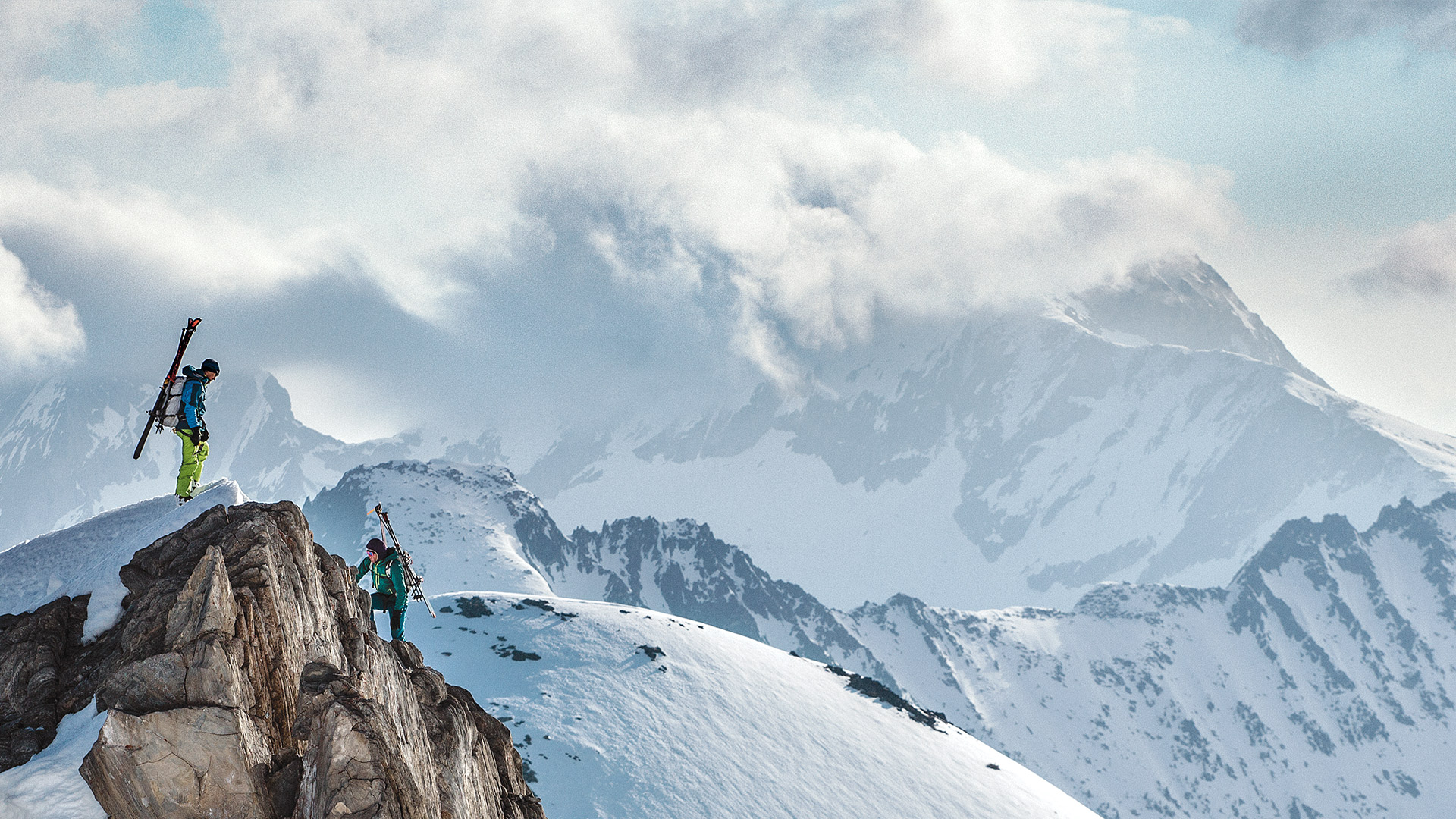By Joel Robertson-Taylor (Contributor) – Email

Jumbo Wild is an enchantingly well-paced documentary that examines the controversy surrounding the proposed Jumbo Glacier Ski Resort in the Purcell Mountains of the East Kootenay region — home of the Ktunaxa Nation for over 400 generations. The film presents the conflict essentially as an ideological disagreement, asking: “How do we know what to do with a land we share when we look at the mountain but don’t see the same mountain?”
Through stunning shots of British Columbia’s mountainous landscape, interviews, and archival footage, Jumbo Wild tells the story of the long-running attempt to build North America’s biggest mountain resort on Jumbo Glacier’s back.
At just under an hour long, the documentary examines (quite fairly) the pros and cons of the proposed resort. Somewhat uniquely and very refreshingly, the narrative doesn’t get distracted by focusing on right or wrong, or who’s the evil capitalistic developer and who are the tame souls that strive to protect our planet; instead it inquisitively looks at what might actually happen if the resort is built. It asks questions about environmental and ecological impact and about the promised financial benefits. And even though the film does carry anti-development undertones, it is presented in a way that doesn’t force any particular conclusion on the viewer.
The man responsible for the proposed resort is Oberto Oberti, a Vancouver-based Italian architect who could have quite easily been depicted as a sort of ecological terrorist. Instead he comes across more as an artist with the dream of building his “cathedral” for the world. All while still honouring the dream and vision of Oberto Oberti, the film attempts to explain how serious of an impact a development like this would have on its hosting environment. The idea here is perhaps to show that the losses are so obviously tremendous that there isn’t a need for personal attacks or insults.
Of the various themes explored by Jumbo Wild, one of the biggest is that no one involved is necessarily wrong, each simply sees the mountains through the lense of a different ideology. Building a resort, the documentary suggests, isn’t a bad thing. Also true however, is that the loss of one of the most important remaining grizzly bear habitats could be the straw that breaks the grizzly’s back.
The documentary has its biases, but with such mesmerizing images of the wild in its natural habitat, even considering the differing perspectives presented, it’s hard to believe that the land isn’t something sacred.
As it all stands right now, Jumbo Glacier Resort’s environmental assessment certificate has expired due to the project’s proponents failing to meet all of the requirements. Despite this, they are continuing to press forward with new plans, attempting to bypass the environmental review process.
Should the resort be built so anyone of any level of experience can embrace B.C.’s Rockies, or should it be left unprocessed and pure so that only the keenest mountaineers can reach Jumbo Valley’s peaks? It’s a question that isn’t answered definitively by Jumbo Wild, but it is explored eloquently against the backdrop of magnificent landscapes.
Whether you think you’ll agree with the conclusions the film draws or not, don’t make up your mind about what the film will say before you see it. The heart of the story is not a black and white conflict of “us” vs “them” — build or don’t build. The tale of Jumbo is a greater story about the future of the “wild” and of ourselves as humans. It’s about being very mindful of how we use the few remaining spans of unbridled wilderness the world has left.
Opinions aside, you’ll walk away informed, curious, and hopefully a bit inspired by Jumbo’s story. Chances are you’ll leave even more conflicted about what choice will yield the best outcome for the valley than you were before you saw the film; it is by no means cut and dry.
Regardless of Jumbo Valley’s future, one thing that is certain is that anyone who’s spent any amount of time beyond the concrete and above the clouds has felt that bodily humming, that sense of profound reverence and wonder which apparently inspires everyone in different ways.


